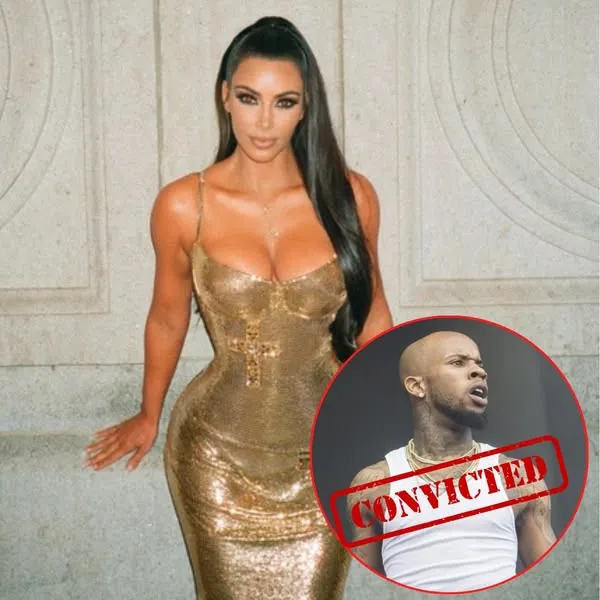
J.K. Rowling, the renowned author of the Harry Potter series, has once again ignited a social media firestorm. This time, the controversy stems from her outspoken criticism of Valentina Petrillo, a transgender sprinter, whom she labeled a "cheater" in a recent tweet. The remark has divided public opinion, with some applauding her candor while others accuse her of perpetuating harmful narratives about transgender athletes.
The incident began after Petrillo, an Italian sprinter, gained attention for competing in women’s athletics. Petrillo, who transitioned in her late 40s, has faced ongoing criticism from those who claim her participation is unfair due to her prior experience as a male athlete. Rowling, a vocal critic of certain aspects of gender identity ideology, entered the fray by directly questioning the fairness of Petrillo’s involvement in women’s sports.
Rowling's comment quickly went viral, sparking heated debates across multiple platforms. Supporters of the author argued that her remarks addressed legitimate concerns about maintaining a level playing field in women’s sports. They cited scientific studies suggesting that transgender women retain physical advantages even after hormone therapy, potentially giving them an edge over cisgender competitors.
Conversely, critics accused Rowling of targeting an already marginalized community. Advocacy groups, including prominent LGBTQ+ organizations, condemned her remarks as transphobic and harmful. They argued that Petrillo’s participation adhered to existing regulations set by governing bodies, which take steps to balance inclusion with competitive fairness. For many, Rowling’s statements were seen as a continuation of her controversial stance on transgender issues.

Valentina Petrillo has yet to respond directly to Rowling’s comments but has previously addressed criticism of her participation. She has stated that competing as a woman is a deeply personal journey tied to her gender identity, emphasizing that she follows all required medical and legal guidelines. Petrillo has also highlighted the emotional and physical challenges she faced during her transition and the scrutiny that comes with her public role.
Rowling’s critics have questioned the intent behind her repeated involvement in debates surrounding transgender issues. Many have pointed out that this is not the first time the author has been at the center of controversy for her views on gender identity. Her detractors argue that her public platform amplifies messages that could fuel discrimination against transgender individuals, particularly in an already polarized climate.
Amid the uproar, some voices have called for a more nuanced discussion. They argue that complex issues like transgender inclusion in sports deserve thoughtful debate, free from inflammatory rhetoric and personal attacks. These individuals stress the importance of balancing fairness with inclusivity while ensuring that marginalized groups are not further stigmatized.
The broader discussion touches on ongoing global debates about the participation of transgender athletes in sports. Policies vary widely across different sports organizations, with some requiring strict hormone level regulations and others opting for a case-by-case approach. Critics of these policies argue that they often fail to account for the lived experiences of transgender athletes and the societal challenges they face.
In the wake of the controversy, Rowling has remained defiant, refusing to back down from her position. She defended her remarks in follow-up tweets, reiterating her belief that women’s sports must be protected to preserve fairness. Her supporters argue that her stance is rooted in advocating for women’s rights, while her critics maintain that it perpetuates exclusionary practices.

The incident has once again highlighted the divisive nature of Rowling’s public persona. Once universally celebrated for her literary achievements, she has become a polarizing figure in recent years. To some, she is a champion of free speech and women’s rights. To others, she represents an outdated perspective that fails to respect the complexities of modern gender identity.
Valentina Petrillo’s story is emblematic of the broader struggles faced by transgender athletes worldwide. Her journey raises important questions about identity, fairness, and the future of competitive sports. While her critics may question her place in women’s athletics, her supporters see her as a symbol of resilience and progress in the face of adversity.
The debate over Rowling’s comments is unlikely to subside anytime soon. As society grapples with evolving views on gender and inclusion, figures like Rowling continue to play a significant role in shaping public discourse. Whether her latest remarks will have lasting consequences for her reputation remains to be seen, but they have undoubtedly reignited discussions on one of today’s most contentious topics.



